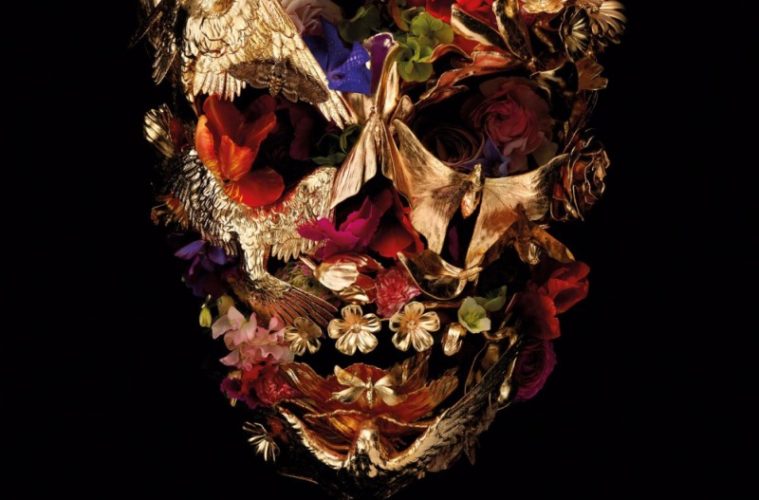By the time he was 25, Lee Alexander McQueen had gone on to launch his own fashion label. Before he was 30, he had designed costumes for David Bowie and Björk. By age 31, Gucci had acquired his company naming him artistic director and expanding his empire to include flagship stores all over the world. His success, in more than one way, defied Great Britain’s antiquated but prevalent class system; for how could a gay man born to a teacher and a Scottish taxi driver ascend to the highest levels of society? Rather than sticking to a traditional (i.e. fairy tale-esque) rags-to-riches narrative, in McQueen directors Ian Bonhôte and Peter Ettedgui explore the ways in which the designer constantly rebelled against the establishment and still managed to become one of the most celebrated figures of his time.
The film is divided into chapters taken directly from the “McQueen tapes,” confessionals kept by the designer who refers to them as “the original documentary on Alexander McQueen.” Bonhôte and Ettedgui take this previously unseen material and combining it with interviews, as well as archival footage of McQueen’s runway shows, pull off something akin to what the late designer often accomplished: they weave stunningly beautiful tapestries out of tragedy and pain.

The designer’s life was one of many demons–some of which manifested through abandonment, or what seemed like it–as the people closest to him died, leaving him to fend by himself with the turmoil inside. “I would go to the far reaches of my dark side and pull these horrors out of myself and put them on the catwalk,” he explained once. One of the questions that come to mind watching the film is whether this materializing of his fears served as a healing elixir or merely a way to show the world what was going on in his mind.
McQueen’s designs were often impractical, usually grotesque, but rarely did they fail to provoke something in the beholder. There’s a thrill comparable to watching a horror movie when you watch his clothes onscreen: they either claw themselves onto the models as if they’re trying to possess them, or they become mutation-like extensions of their bodies, or they conjure a flowy phantasmagoria. In “Scanners,” his 2003 Autumn/Winter collection, McQueen had his models walk down a long, snowy wind tunnel, turning the women into examples of almost perverse resilience. The most stunning look of all had a model wear a tight bodysuit with a parachute-like attachment on her back. If his shows asked endurance from his viewers, what he put his models through might evoke Lars Von Trier-esque commentary.
McQueen once said, “If you want to know me, look at my work,” and the filmmakers know better than to compete with the designer’s cinematic creations. They present several of his iconic shows as they were, their only alteration comes via their addition of Michael Nyman’s score. Nyman was a favorite of McQueen, who played his music as he worked. The composer’s evocative pieces, even those well known like “The Heart Asks Pleasure First” from The Piano and “Fish Beach” from Drowning by Numbers (also used in the Mr. Rogers’ documentary Won’t You Be My Neighbor?) acquire new life when paired with McQueen’s designs. They make a case for how much cinema influenced the designer’s work.

Like many of McQueen’s works, the documentary reflects back to us what we put into it. Chapter divisions are marked by elegant versions of the McQueen skull, plaid fabric snakes around it during the “Highland Rape” chapter, in which the designer paid homage to his Scottish heritage. A gold leaf overcomes it, only to shatter during the final chapter leading to the designer’s untimely death (he committed suicide on the eve of his mother’s funeral). During most sequences we can see either blinding beauty or blinding pain. Unlike several nonfiction works that try to create defining portraits of the figures they chronicle, the filmmakers behind McQueen know that their subject is ultimately larger than life, so they bask in the creations he left behind and invite us to join if we’re willing to lose ourselves in them.
McQueen is now in limited release and expanding.

